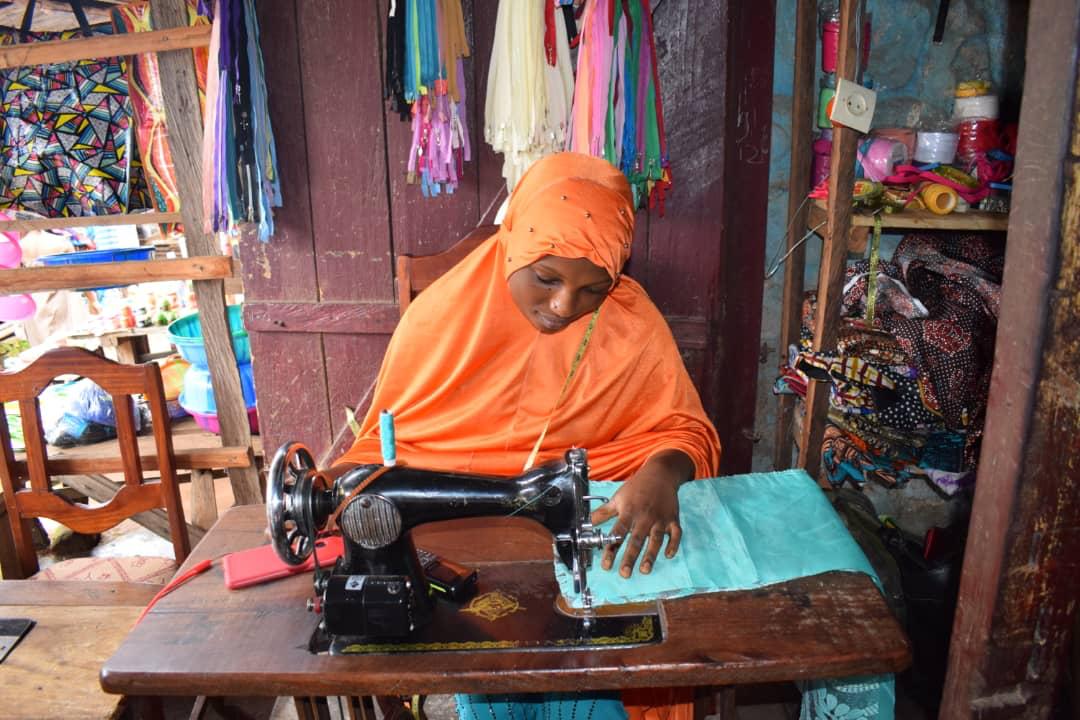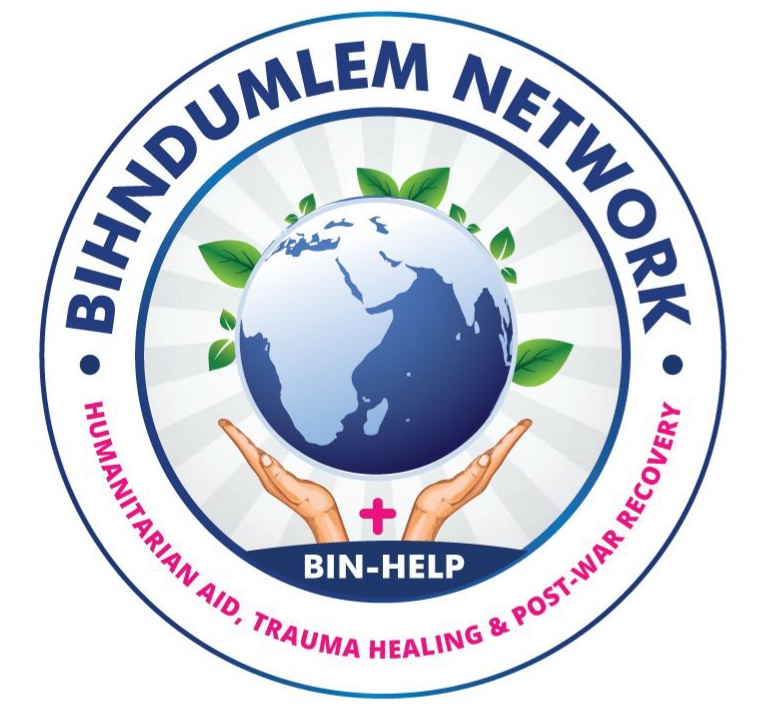The death of a father in most villages in the Northwest region of Cameroon is almost next to being a complete orphan. This is the story of Salamatu who lost her father in class three. After the death of her father, her mother got married to a second husband. Salamatu had to move in with her mother and step father, but he never regarded her as his own. At that tender age Salamatu was removed from school and made to sell “puff dough” till the very late hours of the night. The maltreatment became a call for concern to the neighbors, “a neighbor asked my step father why he was maltreating me; he openly said I was not his daughter, his children are in Nigeria and he can’t be wasting his money on me” She recounted.
When Salamatu’s mother saw the pain of her daughter, she decided to send her to the aunt in Esu village in Fungom Sud Division. Salamatu went to live with her aunt so that she could be enrolled in school, “due to my age and size I became a source of mockery considering the fact that most of my classmates were ten years or below”. Her love for education and a better future kept her going. Just when Salamatu thought she had found a safe heaven, her mother died.
“After the death of my mother, I was forced by my aunties to get married at the age of 15 to a man from Wum”. Marriage also became another source of pain to Salamatu. “When I got married, my husband used to protect me from his family, but after some time, he was forced to get married to another girl following the norms of our religion. When the second wife came in, my husband stopped taking care of my children and I”. To sustain her children, she had to engage into frying and selling of pastries.
Salamatu’s life took another dimension when she came across two community mobilizers from BIHAPH working on a project titled; strengthening community response against gender based violence and prevention of sexual exploitation and abuse in some communities in Menchum Division in partnership with UNHCR. After, a general sensitization, she explained her situation to them. She was referred for psychosocial support and then selected as one of the beneficiaries to be economically empowered. Today she is one of the trainees at the tailoring workshop. When I was interviewing her, all I could see were tears of joy. “I thank Allah for this project. Thank you UNHCR and BIHAPH for this life changing opportunity”, she said in excitement.
Salamatu


